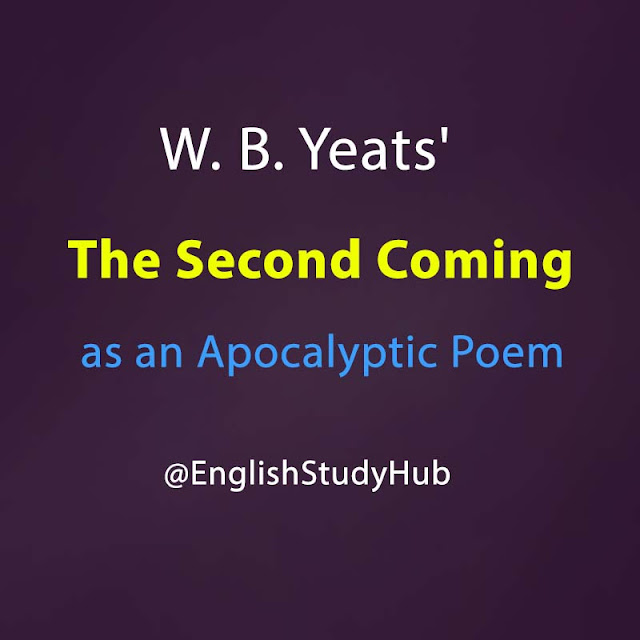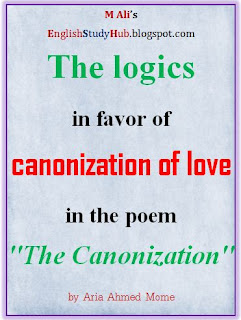W. B. Yeats’ A Prayer for My Daughter: Theme, Summary and Critical analysis

W. B. Yeats’ A Prayer for My Daughter: theme, summary and critical analysis W. B. Yeats' "A Prayer for My Daughter" (1921) is intensely a personal poem in which the poet expresses his deep concern for his beloved daughter, Anne, and dreams for his daughter's convincing future in his poem. This poem speaks about the anxiety shared by all fathers all over the world felt for the well-being of their daughters. Yeats visualizes a secured future for his daughter in the face of a chaotic and uncertain modern world. The poem is actually a prayer-like poem whereas the poet is more optimistic that his daughter will be able to encounter the harsh reality through the cultivation of good manners and courtesy. A study of the theme, summary and critical analysis of W. B. Yeats’ “A Prayer for My Daughter” finds the poet’s focus on customs and cultures rather than the physical beauty to rescue individual soul to survive in a world of growing disorder and misery, whereas feminine innoc...




